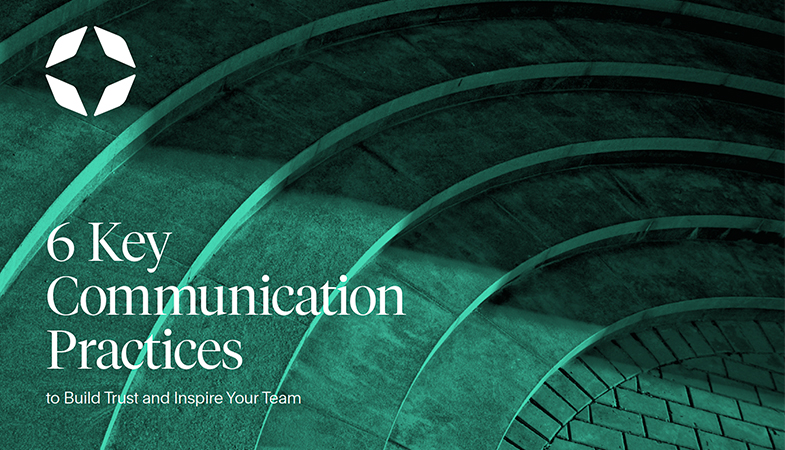Resources


Read how FranklinCovey helps organizations achieve behavior change at scale in leadership, individual effectiveness, winning culture, and breakthrough results.

Listen to everything from On Leadership and C-Suite Conversations to topical series that provide practical strategies to successfully face current issues.

Learn about organizations that have partnered with FranklinCovey to develop their leaders, engage their people, build winning cultures, and achieve breakthrough results.

Watch product overviews, previews, and solution videos and see how we help organizations achieve results that require behavior change at scale.

Explore and download guides and tools to help you apply frameworks and principles from our award-winning courses.

See how The 7 Habits has transformed the lives of millions and be inspired by a few of their powerful stories.








